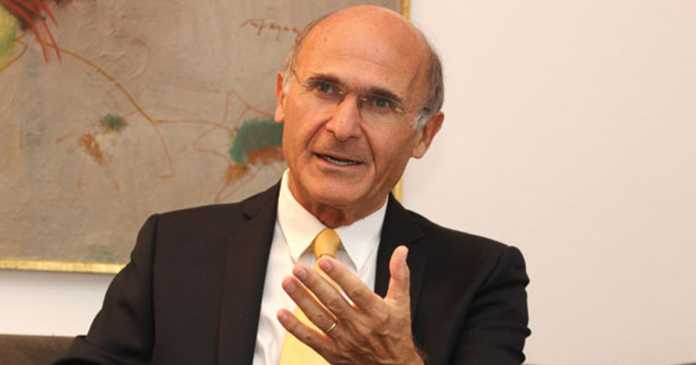What the German president did not tell us

Do not give up in the last meters to the finish line, said Steinmeier. He did not tell us that if we miss this chance, they will soon be unable to help us.
Everything must be told directly to your politicians, the NATO ambassador in Macedonia, Nick Bigman, told me years ago. They do not understand the subtle language of diplomacy. It can be very unpleasant for foreign representatives who, he says, must translate the diplomatic indication into a direct order. That it can be uncomfortable when they want to express their support, I didn't know until recently.
It is touching what the President of the European Commission Ursula von der Leyen and the German President Frank Walter Steinmeier did in Skopje: in a completely undiplomatic manner, they opened their hearts to the Macedonian MPs and begged them to believe that they want to see us in the Union and that they recognize them and they respect the Macedonian language and the Macedonian nation. They also quoted our authors to show that we should not be afraid of the language and the identity behind which they themselves stand. It was a bit uncomfortable. It's like talking to small children who are having a hard time understanding the harsh realities of international politics that both the Union and Germany have to deal with, with no one to comfort them.
They found time to put aside the danger of a world nuclear war and Russian aggression against Ukraine, the energy crisis and all the other responsibilities of the great powers to come to comfort us. But also to carefully warn us. Do not give up in the last meters to the finish line, said Steinmeier. He did not tell us that if we miss this chance, they will soon be unable to help us. Why? Back to the old Greek lesson.
Because alliances are created to defend the interests of the member countries, not the aspirants for membership. Even if Germany wanted to, the veto system does not allow it. He did not tell us that they will not dissolve the alliance for our sake and, as in the case of Greece, they will not exclude Bulgaria for us to enter. He didn't tell us that the reason that, for the first time in history, they allowed Macedonia to start negotiations with the Union is so that we don't have to wait a decade for the second time, as in the dispute with Greece. He demanded that the Constitution be changed in favor of the Bulgarian minority as a condition that cannot be done without. He states that the present and the future are in our hands, but he did not mention the past.
The writers of his speech were careful about things about which they know that neither Macedonia nor Bulgaria are XNUMX% right. Steinmeier carefully reminded us that we should avoid nationalism that could block our path to the EU. It will not be easy: nationalism, says one definition, is excessive patriotism. And we, convinced that it is a virtue, want to exaggerate when it comes to Macedonia.
The author is a professor


